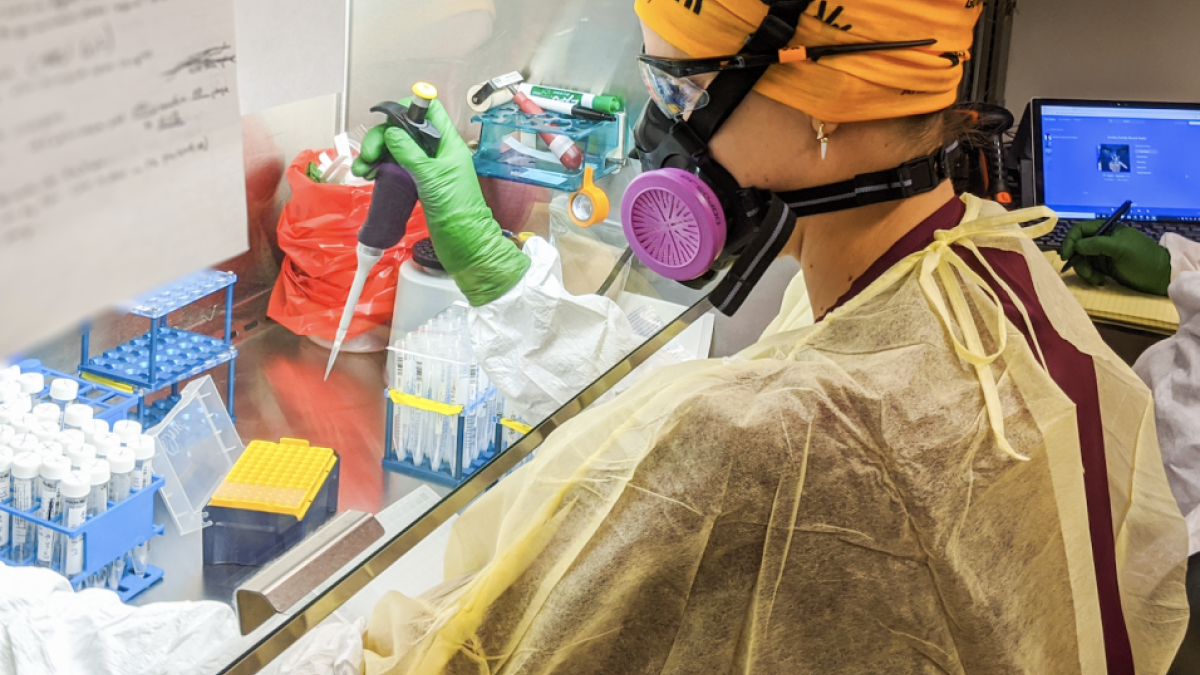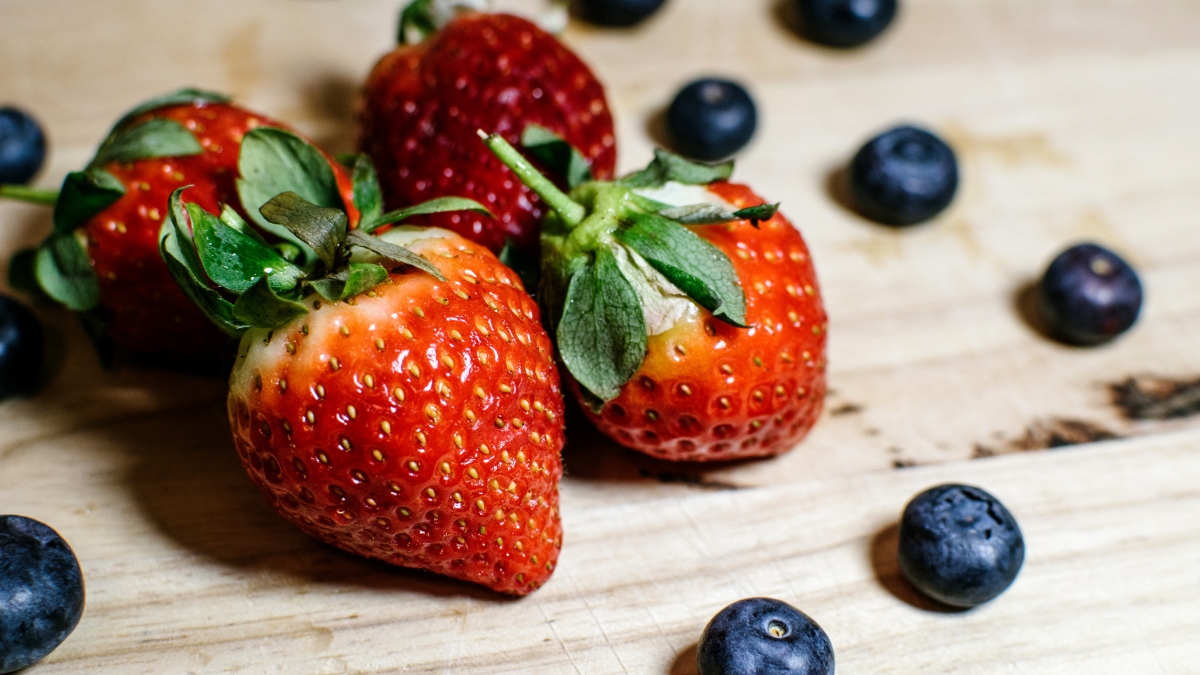The most-decorated Olympian of all time made headlines in 2008 for something other than his athletic prowess — or, ahem, lung capacity — when some outlets alleged Michael Phelps, the U.S. competitive swimmer, maintained a diet of 12,000 calories a day. Those reports turned out to be bogus, but it didn’t stop the public from wondering: Just what do Olympians eat? And how much, and how often?
According to Floris WardenaarFloris Wardenaar is an assistant professor of sports nutrition, working for both ASU's College of Health Solutions and Sun Devil Athletics., Arizona State University assistant professor of sports nutrition and a leading dietitian on the Dutch Olympic Committee’s nutrition team, it depends on the athlete. But generally, they’re encouraged to eat the same proteins, fruits, veggies and whole grains they usually do, and to adjust their intake based on their daily strength output needs.
“This is the most important game in the world, and of their life, probably,” Wardenaar said. “So they shouldn’t be eating anything other than what they’re used to.”
Before Wardenaar gave advice to Olympians on what to eat, he watched them on TV as a child in the Netherlands. His interest in performance nutrition grew when he began cycling competitively at the age of 14.
This year, he’s excited to see the historically high-performing Dutch speed skating team continuing to excel at their sport. But before the games got started last Friday and his attention was commandeered, he took the time to illuminate ASU Now on the business of chowing down, champion-style.
Editor’s note: The following responses have been edited for length and clarity.

Floris Wardenaar
Question: Who determines what the Olympians are eating?
Answer: Some countries — like for example, the U.S., Australia and the UK — have a close relationship with the Olympic organization and are able to provide input as far as food offerings at the Olympic Village. But mainly what those countries want is beneficial for everyone. Before the 2016 Summer Olympics in Rio, Aramark was the preferred supplier. They brought their own dietitians with them to the village, so if an athlete wanted, he or she could directly consult with them. But I know some teams bring their own; the U.S. always brings several sports dietitians with the team.
Q: Why do different athletes need different diets?
A: With hockey, for example, the kind of nutrition you need depends on the position you play. Most enforcers will have different intakes compared to the center. It depends on the focus of the athlete. For ski jumpers, they benefit from being as light as possible but when their diet is too restrictive, they also lose muscle mass and therefore jumping power. So it’s about fine-tuning their diet and varying the protein, carbohydrate and fat contents based on their needs. Some good basic advice is to eat lots of protein, fruits, veggies and whole grains.
Q: How does an athlete’s diet vary depending on whether they are training or competing?
A: All athletes nowadays focus on mealtime planning, having about five meals a day, with plenty of protein. Depending on if they’re training or competing, they may change the timing of their meals slightly to make sure that their fuel is fully loaded before a competition.
Most of the time they train two times a day. So that means they have a light breakfast, then during the training session probably something like water or a sports drink, depending on the intensity. Then after that, they will probably have a recovery shake or else something to eat for lunch. After that, most of the time they rest for one or two hours, then the next training session begins. So again, they’ll have a light snack before that and then something afterward — a meal-replacement shake or dinner — to help them recover. Depending on the preference of the athlete, they might also want to have a light evening snack before they sleep.
Q: What kind of food do most Olympians eat?
A: One of the basic rules is to eat what they normally eat. This is the most important game in the world, and of their life, probably. So they shouldn’t be eating anything other than what they’re used to. At the Olympics Village kitchen, they have choices between Western food, halal, Asian food, everything. And of course, Asian food will be very good this year. I don’t think Americans will be complaining because all the kinds of food preferences you find in the normal American diet, you can find there. Some teams bring their own food, though. One time we had fridges where we were staying stocked with yogurt for our athletes because the Netherlands is a dairy country.
Q: Any predictions for the upcoming games?
A: During the last Winter Games, the Dutch won almost all of the medals in speed skating, but that will probably not happen this year because that was exceptional. Actually, one of the reasons that happened was because the U.S. speed skaters were underperforming at that moment. But I think the U.S. will definitely win more medals this year. There’s also short-track speed skating, and the Netherlands are doing better and better at that. So that’s something I’ll watch as well. The Olympics is such a special event, so I’ll probably have the television on all day.
Top photo courtesy of pexels.com
More Health and medicine

Bird flu: Your questions on symptoms, spread and safety answered
Bird flu is no longer only “for the birds.”Infections have expanded beyond wild birds and poultry to a range of animals — from mice to mountain lions, dairy cows to domestic cats, and polar bears to…

Making medicine side-effect free
Many drugs that address medical conditions can come with serious side effects. In drug commercials, the litany of potential side effects is often longer than the benefits being touted. Carl…

Diagnostic research happening at ASU focused on detecting diseases earlier to save lives
It was one of America’s founding fathers, Benjamin Franklin, who may have foreshadowed today’s health care innovation when he quipped the adage: An ounce of prevention is worth a pound of cure.In…


